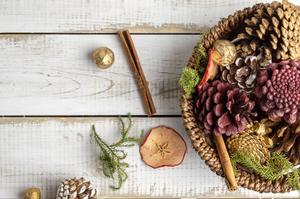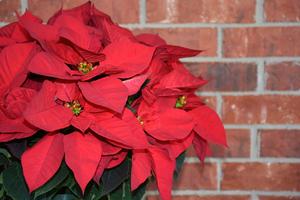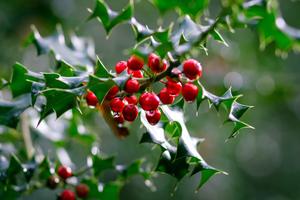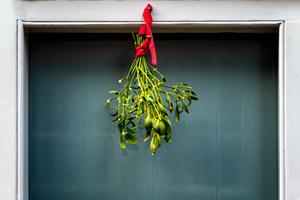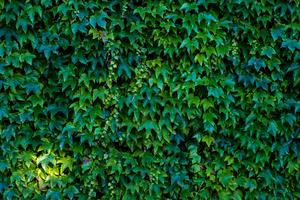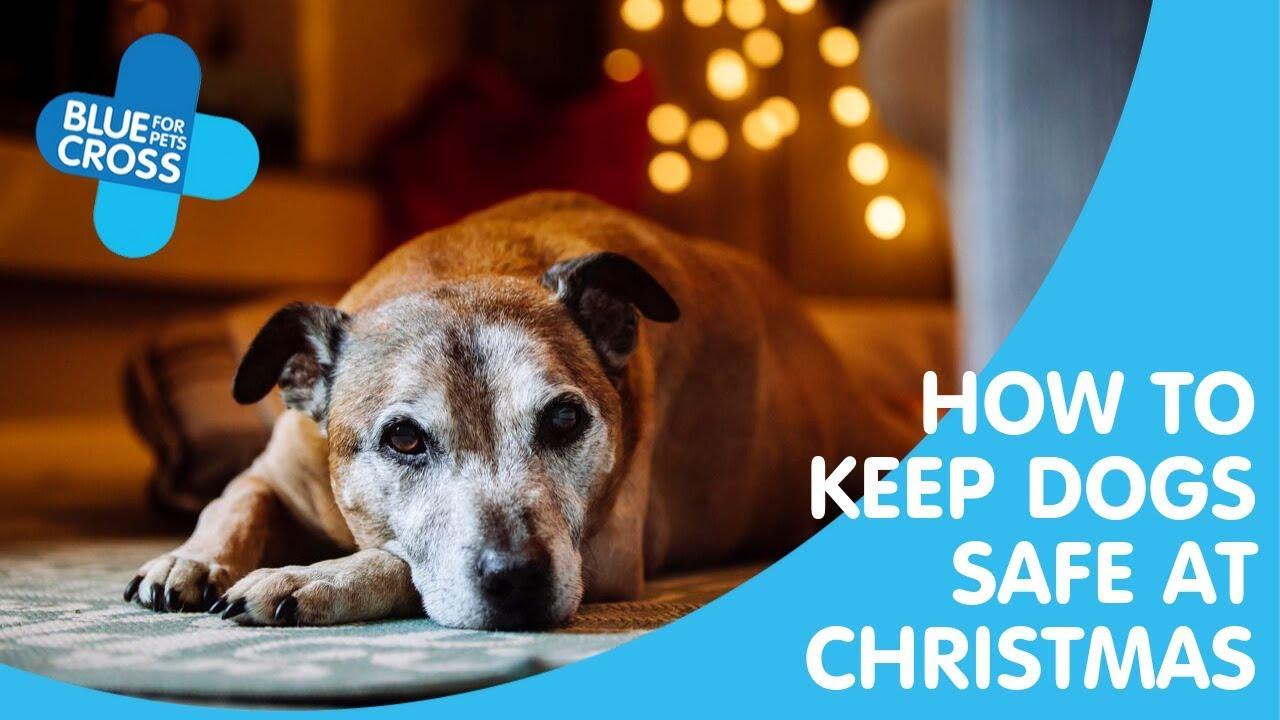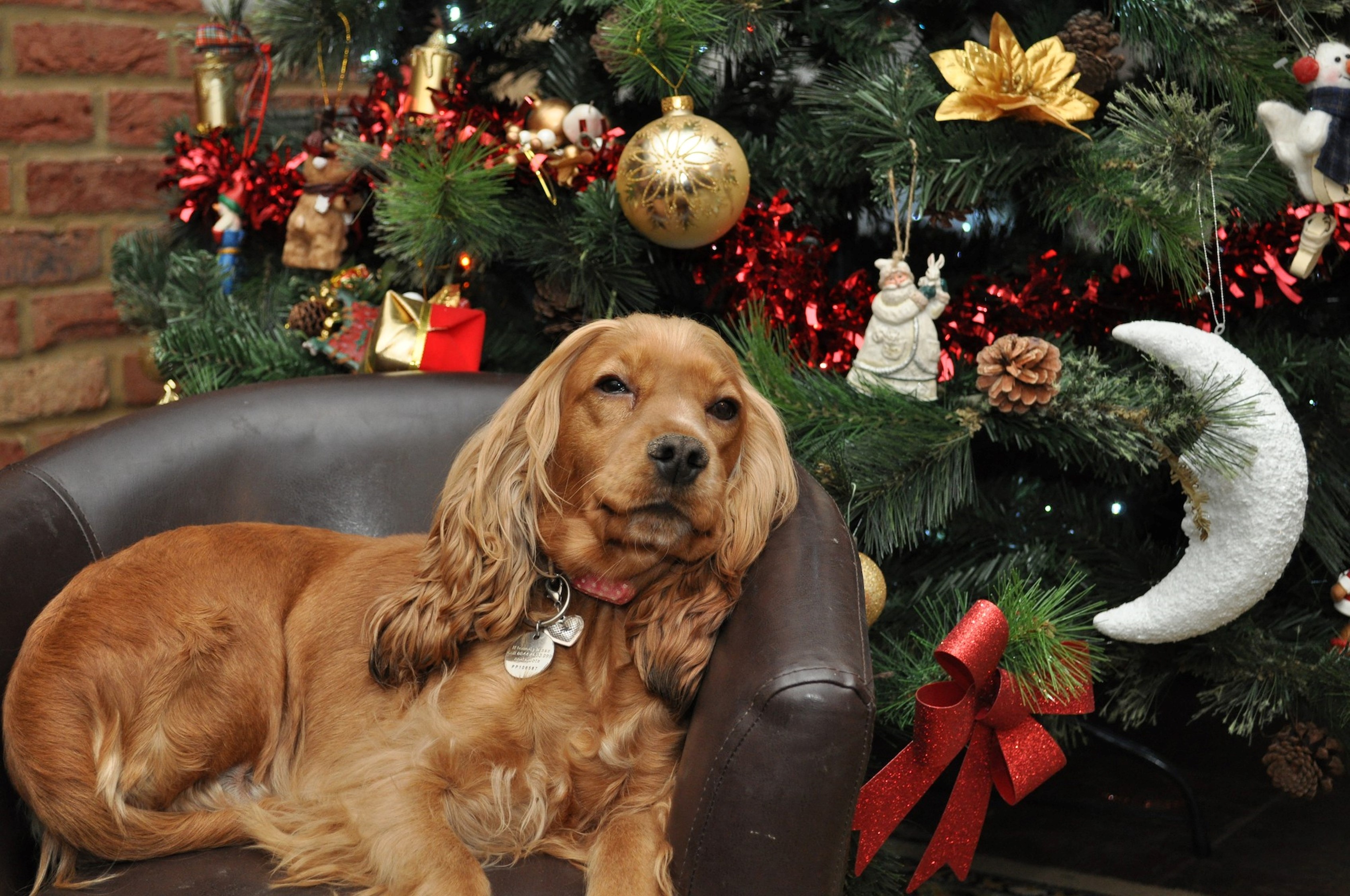
Christmas dangers for dogs
The festive season is an exciting time, but it also presents a world of hidden dangers to our four-legged friends, from toxic foods to dangerous seasonal plants.
We've put together our top tips to make sure you’re in the know about how to keep your four-legged friend safe this Christmas season, so your dog can enjoy the festivities too!
Which parts of a Christmas dinner can I give to my dog?
Providing your dog is healthy and is not allergic to the following foods, it’s safe to feed your dog a little bit of these foods at Christmas:
- turkey meat (no skin or bones)
- salmon (fillets or cooked in spring water are preferable to smoked salmon)
- lamb meat (no bones)
- green beans
- Brussels sprouts
- parsnips
- carrot
- peas
- swede
- mash potato (best without added butter)
- new potatoes
- sweet potatoes
Note
New foods should always be introduced slowly, as too much can cause an upset tummy. Foods high in fat or salt should also be avoided.
Toxic Christmas food for dogs
Christmas is the time for eating, drinking and being merry, but lots of our favourite festive foods are toxic to our dogs and should be kept well out of paws reach:
- chocolate – chocolate is toxic to dogs and even small amounts can cause serious illness. Find out what to do if you think your dog has eaten chocolate.
- Christmas pudding and mince pies – grapes and dried vine fruits, including currants, sultanas and raisins, can cause severe kidney failure if eaten
- onions (and garlic, leeks, shallots and chives) – these all belong to the allium species of plant and are poisonous to dogs whether cooked or uncooked. Avoid feeding foods that include these ingredients, such as gravy.
- alcohol – alcohol has a similar effect in dogs as it does in their owners. Make sure your dog can't help themselves to any unattended alcohol left lying around.
- macadamia nuts – macadamia nuts can cause lethargy (tiredness), weakness in the back legs, increased body temperature, tremors and stiffness
- leftovers – don’t be tempted to give your dog leftover Christmas food – they can include hidden ingredients toxic to dogs and mould in leftovers can make them ill
- sweets – many of the sweets we eat over Christmas, such as candy canes, contain a sugar-free sweetener called xylitol, which is poisonous to dogs
Important
If you think your dog has eaten something they shouldn’t, contact your vet for advice.
Are real Christmas trees poisonous to dogs?
The most common types of Christmas trees including pine, fir and spruce are not highly toxic to dogs, but oils they produce and the pine needles that drop from the tree can pose a risk. Not only can the sharp pine needles get stuck in your dog’s paws, they can also cause a mild stomach upset or blockage if eaten.
If you have a dog but would like a real Christmas tree, you can opt for a non-drop variety – just remember to never leave your dog unsupervised around the tree.
Dog proof your Christmas tree
Christmas trees can have hidden dangers for your four-legged friend – here’s our top tips to keep your dog safe around the tree.
Keep decorations out of paws reach
Decorations such as baubles and tinsel can cause a dangerous stomach blockage if swallowed. Hang Christmas tree decorations up high to prevent mischievous paws (or tails) from knocking them off, and remember to never hang chocolate decorations as chocolate is poisonous to dogs.
Don’t leave presents under the tree
Christmas presents lying under the tree can be too tempting for our four-legged friends – especially if the gift is edible! It’s best to keep wrapped gifts out of paws reach, as wrapping paper can cause a blockage in your dog’s tummy if too much is eaten.
Keep fairy light cables tidy
The wires on fairy lights can be tempting for your dog to chew. Keep any cables out of your dog’s reach and remember to switch them off at the mains when they’re not in use.
Always supervise your dog
Whether you have a real or an artificial tree, it’s always best to supervise your dog around the Christmas tree, so you can spot mischief before they get themselves into trouble. It may be a good idea to keep your dog out of the room completely while you’re out.
Christmas poisonous plants
Christmas plants make the season all the more festive, but these traditional Christmas plants are toxic to dogs:
- poinsettia
- holly
- mistletoe
- ivy
- potpourri
Stress in dogs at Christmas
The festive fun can get a little overwhelming for our four-legged friends – here are our tips for a stress-free Christmas with your dog.
Get to know the signs of stress
You can help your dog to deal with stress by understanding the signs – this will allow you to be aware of when the festivities are getting a little too exciting. To get to know the signs of stress in dogs, take a look at our advice.
Don’t dress them up
Dressing up might seem fun for you, but remember that your dog will find it stressful. If you want to get your dog involved with the festivities, you could try making them a homemade Christmas present of their own instead.
Provide them with a safe place
Christmas brings with it lots of guests, but too many can be stressful for your dog. It’s best to prepare for visitors before they arrive, by providing a safe space for your dog to retreat. This could be a quiet room or a den – just make sure it’s somewhere where your dog can’t be disturbed, and remember to provide them with their food, water and any familiar toys, so they have everything they need in their safe space. This also applies if other pets are visiting your home.
If you are expecting visiting children during the Christmas period and your dog isn’t used to their company, take a look at our advice on keeping your dog and visiting children safe.
Stick to a Christmas routine
Routine can often get lost in the chaos of Christmas, but sticking to the routine that your dog is used to, can help minimise stress. Try to make sure your dog eats at the same time, still goes on the same amount of walks and has plenty of time to rest – Christmas can be tiring for our four-legged friends!
Page details
Reviewed
• 22 November 2022
Next review
• 22 November 2025

